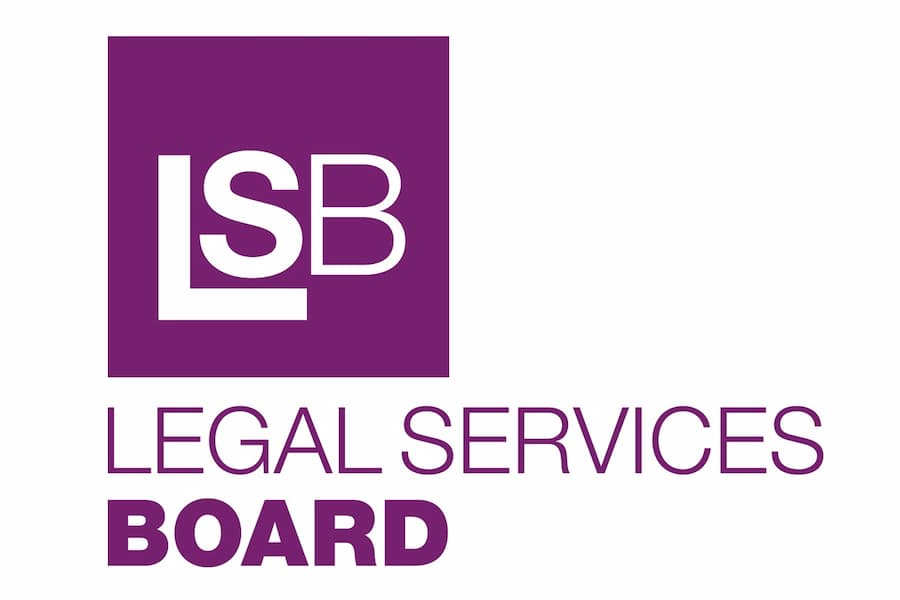Many firms, understandably, breathe a hefty sigh of relief once the renewal process is completed, sometimes forgetting that effective management of PI insurance is a year round process. This article provides advice on the steps you can take over the course of the year to make next year’s renewal as easy as possible.
Here, we provide some guidance on the effective management of your PI insurance policy in between renewals:
1. Understand what information about PI you should and should not share with clients. It is important to note that some insurance policies will include a clause that restricts you sharing full policy documentation with a third party without insurers consent.2. Be careful where you store information on your insurance, limit access to it and control who is allowed to share it. Whilst not always acceptable to clients, particularly larger ones, we would suggest where possible that you respond to any requests for information on your Professional Indemnity Insurance (PII) with a standard ‘To Whom it May Concern’/verification of cover letter, simply stating something along the lines of ‘we confirm that we hold professional indemnity insurance in line with our regulator’s requirements.’3. Nominate a selected number of individuals to be responsible for managing communication with your insurance broker. One point of contact will suffice in smaller firms but for larger businesses, two or three may be appropriate. Where you have multiple contacts, we strongly recommend that only one person is responsible for notifying circumstances. This ensures that:
– Communication with your broker is consistent
– Any request for an amendment to the policy is authorized and only requested once
– Notifications are made correctly
– Any material matters are declared throughout the policy year.
4. Ensure you understand the requirements for notifying a circumstance or claim. If you are unsure, ask your insurance broker.
5. All employees should understand exactly what they need to do if they receive a communication from a client that suggests that a notification needs to be made to insurers.
6. To ensure your policy is administered effectively, you should inform your broker of basic changes regarding your business, for example, a new correspondence address or a change of key contact.
More importantly, you owe a duty of disclosure to your insurer(s), which includes your duty to make a fair presentation of your risk. This duty runs throughout the course of the policy year, and insurers can impose severe remedies on firms which fail to adhere to it.
A ‘fair presentation’ is one which clearly discloses all material circumstances which your senior management, including those responsible for managing insurance, know or ought to know following a reasonable search.
A circumstance is material if it would influence an insurer’s judgment about whether or not to underwrite a risk and, if so, at what premium and on what terms. It would include, for example, a firm diversifying into a higher risk area of work. If you are not sure if a circumstance is material, we recommend it should be disclosed.
7. Talk to your broker at the earliest opportunity if you are considering a merger or acquisition. Your broker can offer advice on how to handle past liabilities and what effect the acquisition might have on your insurance programme going forward.
Where an acquisition significantly changes your firm’s risk profile, for example the target business undertakes a lot of high risk work, you may inadvertently be restricting the number of insurers who will be willing to insure your business in the future.
8. Remain abreast of regulatory changes that impact PII.
9. If you are asked to agree to a new contract that you believe contains onerous contract terms, ask your insurance broker for advice on the cover available under your PI policy.
10. Keep up to date with risk management advice and premium trends. Your broker should help you with this, but law firms representing either claimants or defendants in PI claims will also provide regular updates.
Every business faces a unique set of risks. Your broker should be an insurance expert and should understand the exposures your business faces. In short, they should be an asset to your business, so don’t be afraid to approach them for advice throughout the policy year. There is no such thing as a stupid question when it comes to protecting your firm and minimizing risk.
This article was submitted to be published by Howden UK Group Ltd. as part of their advertising agreement with Today’s Conveyancer. The views expressed in this article are those of the submitter and not those of Today’s Conveyancer.



















